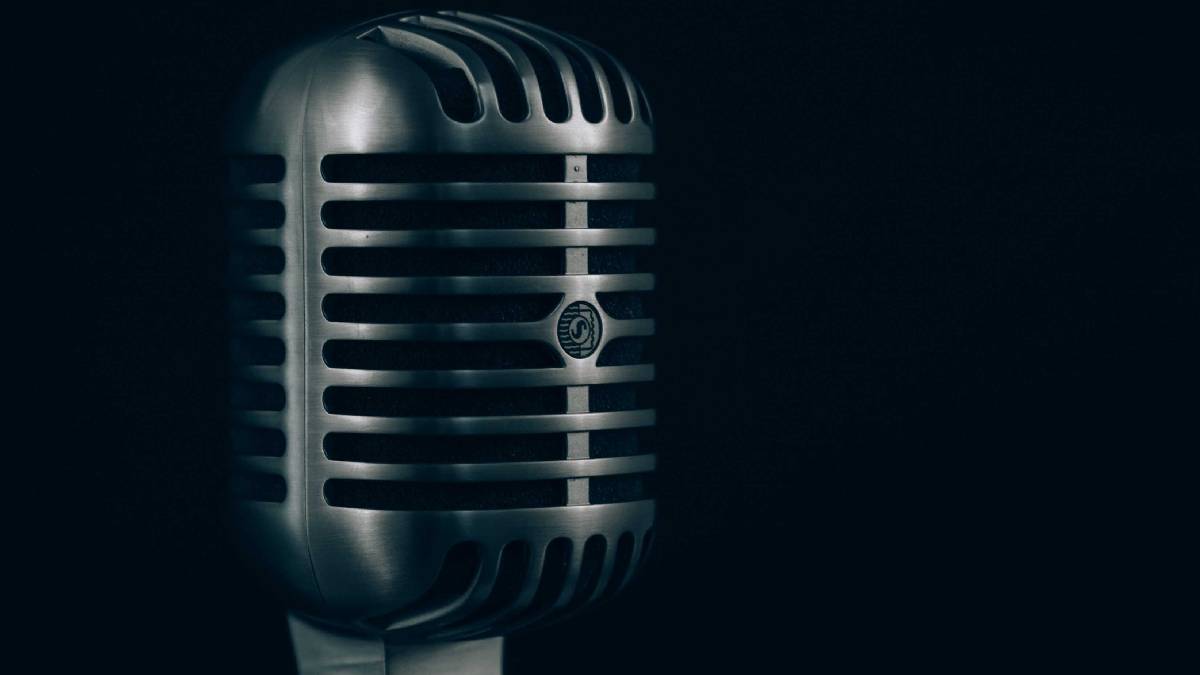One of the biggest topics news/talk radio hosts, producers, programmers, and executives talk about is finding the next crop of stars.
Where will they come from? Is it podcasting? Is it local television? Are they currently lawyers or politicians?
All are viable avenues. You can point to each medium as a place where successful talk radio hosts have been discovered.
But, in my opinion, there’s a bigger question at play: how are talk radio hosts manufactured? Can you manufacture a talk radio host? Is it even possible? Do you just have to find the folks who exited their mother’s womb with the gift of gab?
Many want to jump into the format. Whether they be failed politicians, retired politicians, lawyers, performers, or music DJs aging out of their formats or just looking to share their political opinions, there’s still an influx of those looking to become the next Rush Limbaugh.
But is it as simple as some make it appear? Are there those just naturally gifted with the ability to sit down in front of a microphone and produce compelling content? Or can you work at it if you’re not a natural from day one?
I didn’t know the answer to those questions. So I set out to find the answer to the question: Are news/talk radio hosts born or made?
“Yes to both,” 95.5 WSB Director of Content Ken Charles said. “It’s the difference between book smart and street smart. Any good program director — and there’s lots of them in America — can teach the basic fundamentals of doing a talk show. I can hand you the recipe and the guide, but that doesn’t mean you’re going to be able to pull it off,” continued Charles. “That intrinsic, unique, not only look at the world, but ability to do it and say it in a way that’s going to entertain an audience? You either got it or you don’t.”
The longtime programmer then equated the situation to that of a stand-up comedian.
“It’s like, I can write it. I can be funny sitting and talking to my friends. But if I did that same conversation on stage, I could booed and thrown out of the place,” Charles said. “I can be funny, but I can’t do that.”
After asking for a programmer’s opinion on the topic, KFI AM-640 early afternoon host John Kobylt answered the question similarly to Charles, in both theory and with a practical example.
“I think you have to be born with the talent. I could not imagine trying to teach somebody how to do a talk show,” Kobylt stated. “I think there are probably people who do stand-up comedy who would be good talk show hosts.”
Kobylt argued that some of the legends of late-night television transitioned from and utilized the skills they learned in radio.
“I think a lot of the TV talk show hosts, like Johnny Carson and David Letterman, they came out of radio. It came out of great disc jockeys that were forced to think spontaneously, on the air, live, interview people spontaneously when they were very young. And that’s why they were so good. All they had to do is transfer those skills they developed when they were 25 years old and do it behind the desk on television,” said Kobylt.
“They had the natural talent in them. But I don’t hear that anymore. Just general entertaining broadcasters aren’t on anymore. I hear goofy guys in the morning talking about reality shows and jukeboxes the rest of the day. The talk shows are almost entirely right-wing lecturing.”
Kobylt said he spent a year in Chicago in the early 1980s and said that many of the “general entertainers” heard in the Windy City at that time went on to become successful talk radio hosts, because they first learned to be entertainers on the radio, rather than strictly talk show hosts.
Similarly, longtime 700 WLW host Bill Cunningham thinks news/talk radio talents can be developed, but that ability needs to be mined from the potential hosts.
“I think you can develop talent but talent has to exist…I gotta have the basic ability and then I have to be given time,” said Cunningham. “At the beginning, I was given nine months or a year ’til the Challenger disaster. And then it took me a year of practice, practice, practice. I was on the air, and I was me. And, you know, you just can’t dive into it and say ‘I’ll try that and see if it works.’
“No, you have to you have to get to swim in that pool for a long time and be a marathon runner. You can’t be a sprinter. At the end of the sprint, you got another 100 meters to go and then you got another hundred, and another hundred. So it’s knowing what you want to say, being part of the community, connecting with large numbers of individuals, turn a phrase, have some good humor, provide some necessary information, and become a personality. That will take years.”
Like most things in the news/talk radio world, there are differing opinions, but the overarching sentiment appears to be, yes, you can make a news/talk host, but the true greats of the industry are born with an innate ability to connect with an audience that can’t be taught.

Garrett Searight is Barrett Media’s News Editor, which includes writing bi-weekly industry features and a weekly column. He has previously served as Program Director and Afternoon Co-Host on 93.1 The Fan in Lima, OH, and is the radio play-by-play voice of Northern Michigan University hockey. Reach out to him at Garrett@BarrettMedia.com.







